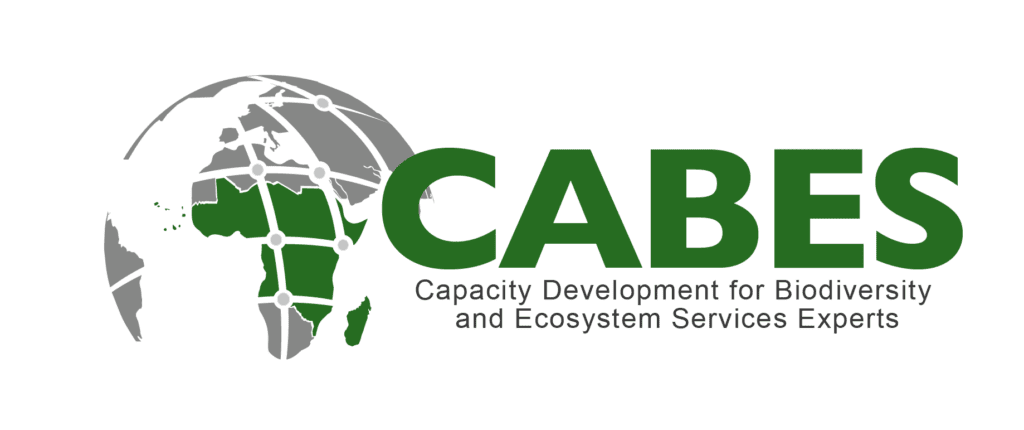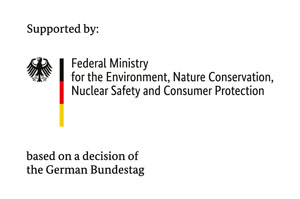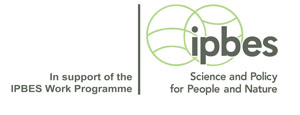CABES e-Learning Portal
Welcome to the CABES Learning Portal!
CABES aims to develop capacities of decision makers and other target groups to support the implementation of political decisions on nature-based solutions, ecosystem-based adaptation approaches and sustainable use of natural resources within the framework of our CABES Capacity Development Programme – CCDP for professionals.
The programme will be delivered via our open access CABES e-Learning Portal and face-to-face courses, as well as a ‘train-the-trainers’ component. The programme enables participants to better engage with, and benefit from IPBES. Our target groups are IPBES national focal points, policy makers, advisors, entrepreneurs, and organizations working with indigenous and local knowledge holders.
Based on a needs assessment conducted at the beginning of the CABES programme and continuous evaluation, we ensure that the content of the CCDP courses are relevant and interesting to our target groups. The planned courses are listed below:
Course topics | Schedule |
Train the trainers: Developing, organizing, and teaching online courses on different topics | 17 & 18 Oct., 2023 |
Developing national & regional Science-Policy-Practice Interface platforms and networks | 2024 |
Setting up a Masters’ programme on Science-Policy-Practice Interfaces on Biodiversity, Ecosystem Services | 2024 |
Fundraising and business plan writing | 2024 |
Interactions of the Science of Biodiversity and Climate Change | 2024 |
Conducting ecosystem assessments including different concepts, values and types of knowledge | 2024 or 2025 |
Opportunities for and benefits of engaging in the IPBES work programme | 2024 or 2025 |
Promoting gender balance in Science-Policy-Practice Interfaces | 2024 or 2025 |
Engagement strategies, methods and tools to include indigenous and local knowledge holders in Science-Policy-Practice Interfaces | 2024 or 2025 |
Utilization of IPBES assessment outcomes in national policy making | 2024 or 2025 |
Biodiversity conservation and restoration strategies (incl. monitoring) | 2025 |
Mainstreaming biodiversity and ecosystem services in national policies and strategies | 2025 |
We offer a variety of options to engage course participants from all targeted stakeholder groups. On the one hand, there will be scheduled live courses that participants can attend at a set date and time. On the other hand, we will organise self-paced webinars that can be attended independently at any time and date.
We pay particular attention to and strongly encourage the participation of women, SMEs owners, and indigenous and local knowledge holders. In the needs assessment we explored ways to reach these target groups and formulated a number of recommendations to better address them, such as (1) mapping under-represented groups, including their communication needs, (2) continuous communication and awareness-raising, and (3) capacity building and involvement once identified.
Ensuring the sustainability of the capacity development programme is of paramount importance to CABES. To this end, a ‘train the trainers’ component is planned, and has been launched, with a view to train professionals, willing to take over and manage the course(s) beyond the programme lifespan.
What next?
To participate as a self-pace learner in our ”train the trainers” course, please register and enroll on our CABES e-Learning Portal.
If you are interested in any of the other planned courses, subscribe to our e-Newsletter, to receive information on course schedule. If you have any questions, contact us on: elearning@cabes.online.



